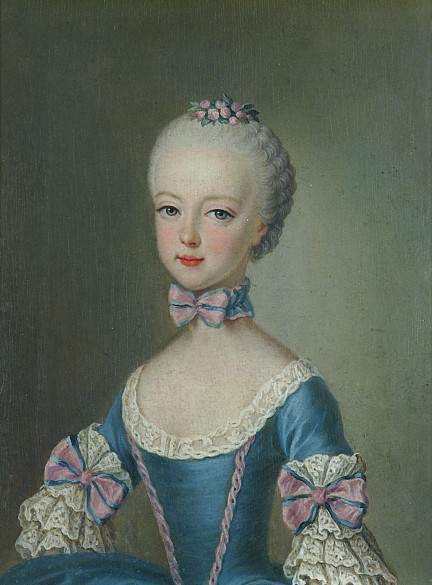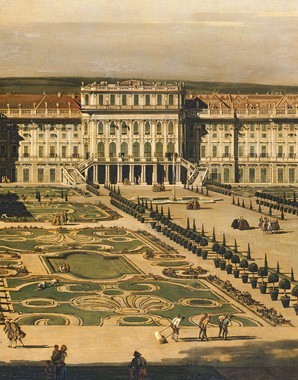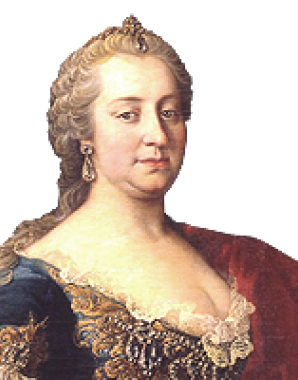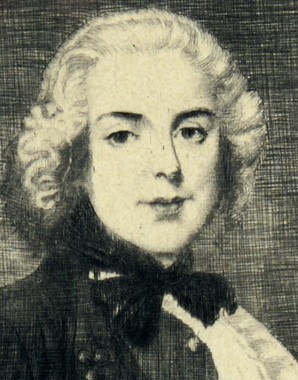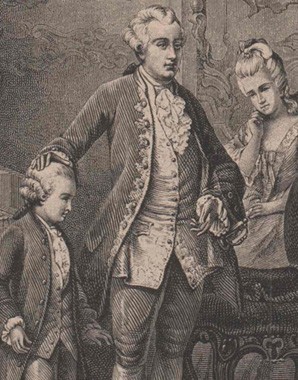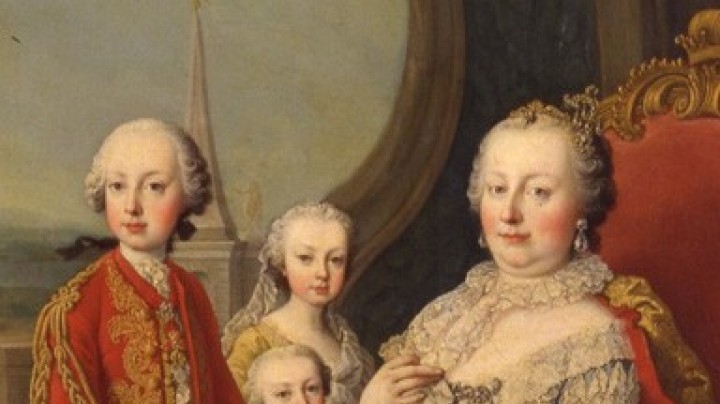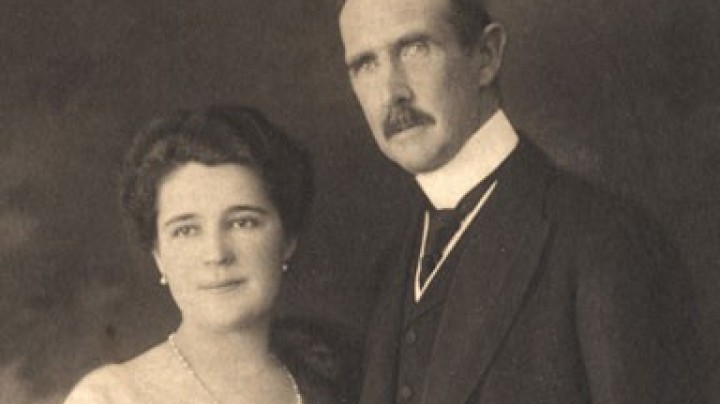Wolferl and Nannerl at Court
A child prodigy at the Viennese Court: Wolferl and Nannerl Mozart enchant the Habsburg family and are rewarded with precious suits of clothes.
Although the nobility and later on the wealthy middle classes increasingly assumed the role of patrons of musicians during the eighteenth and nineteenth centuries, and the major advances in musical history took place outside the Court, the latter still exercised enormous attraction for performing artists.
A violinist and composer at the court of the Prince-Archbishop of Salzburg, the ambitious Leopold Mozart had recognised his children’s talents at an early age and petitioned for Wolfgang and Maria Anna to perform at the Imperial Court in order to establish their reputation as child prodigies.
The ten-year-old Maria Anna and Wolfgang, aged just six, played for the imperial family in the Hall of Mirrors at Schönbrunn Palace on 13 October 1762: Maria Theresa, Franz Stephan and twelve archdukes and archduchesses listened to their performance on the keyboard and violin.
There is anecdotal evidence that after the concert the two Mozart children romped around the Hall of Mirrors with the imperial children. Wolfgang slipped and fell over, was picked up by Archduchess Marie Antoinette and is said to have announced that he would marry her when he was grown up.
Leopold Mozart wrote describing the rest of the visit to the court in a letter to his wife in Salzburg: ‘Wolferl sprang onto the Empress’s lap, flung his arms around her neck and kissed her heartily.’
For their performance Wolfgang and Nannerl received not only 100 gold ducats (the equivalent of 450 gulden; a horse cost around ten gulden and a simple carriage around 60 gulden), but also richly embroidered suits of formal court clothes that had formerly belonged to Maria Theresa’s children; at the imperial court it was customary at that time to give away cast-off children’s clothes to underlings.
A similar scene took place soon afterwards while the Mozarts were staying in Paris, where they performed for Madame Pompadour, the powerful mistress of Louis XV. Here again, Wolfgang is said to have attempted to give the lady a kiss, a winsome habit with which he had already charmed several fine ladies – but she fended off his advances. Unused to such a reaction, Wolfgang reportedly said in German (which la Pompadour did not understand): ‘Who does she think she is, not wanting to kiss me? I’ve been kissed by the Empress!’



